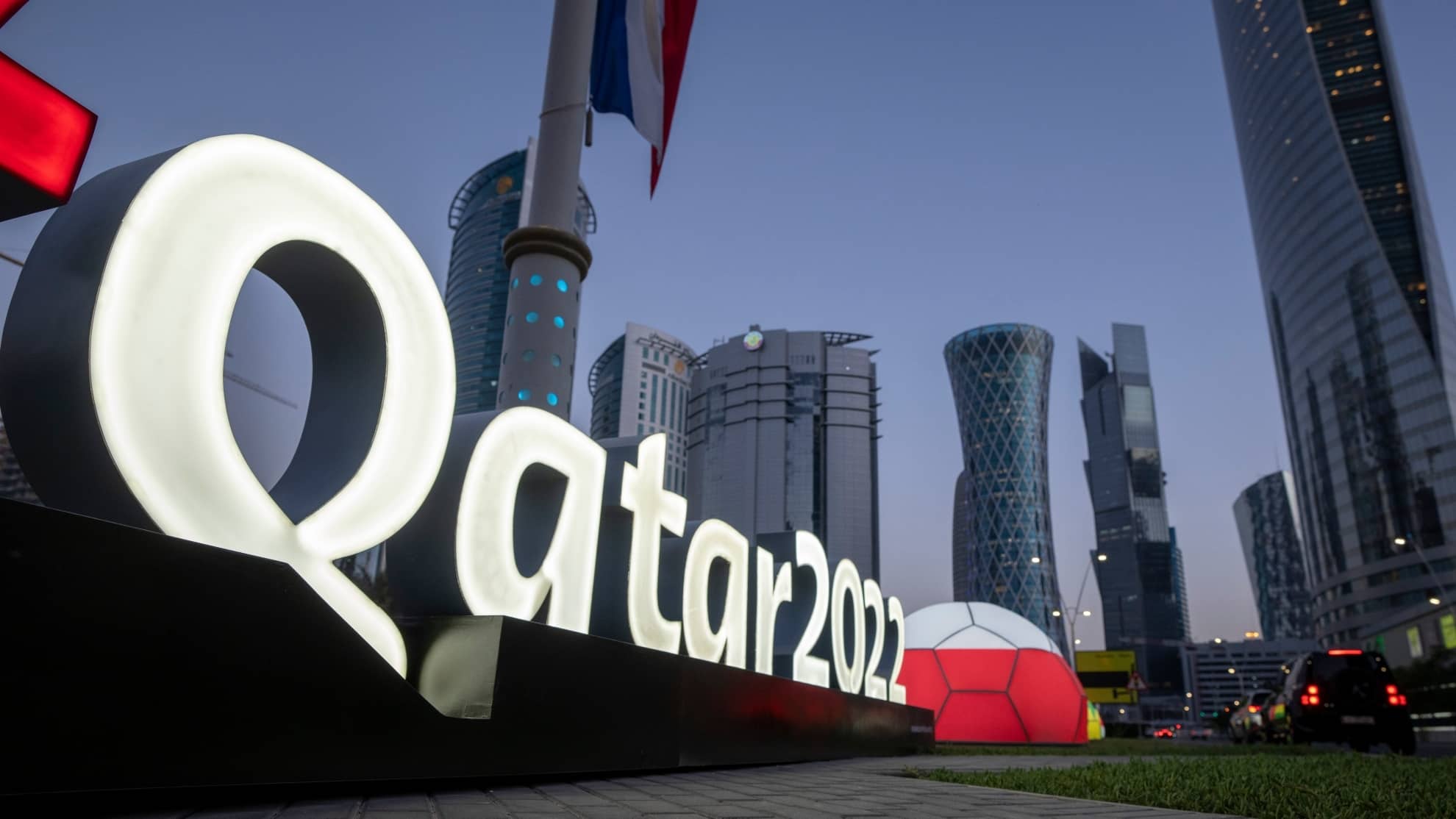PROFILE OF THE FIFA WORD CUP QATAR 2023
The FIFA World Cup 2022™ in Qatar is the first to be hosted in the Middle East and the most geographically compact since the inaugural edition of the tournament in 1930. The FIFA World Cup 2022™ is unique in many respects, with the type of opportunities and challenges related to sustainability being no exception.
The FIFA World Cup™ is the biggest single-sport competition in the world. After a preliminary competition, the 32 qualified men’s national football teams compete to become world champions in a final competition staged during one month in a host country selected by FIFA.
It is anticipated that over one million spectators will attend the tournament’s 64 matches, and the competition will reach a global in-home television audience of over 3 billion people, with more than one billion fans tuning in to watch the final match. In addition to the matches, there are a host of other official competition-related events, including draws, team and referee seminars and workshops, opening and closing ceremonies, award ceremonies, cultural events, press conferences and launch events.
Hosting the FIFA World Cup™ often represents a historical milestone and symbolic achievement for the host country, with major implications for local communities, infrastructure development and service provision. It includes the employment and training of thousands of workers and volunteers, the transportation of hundreds of thousands of fans and the protection of people’s health and safety throughout the tournament. The scale and complexity of the tournament can generate significant opportunities for all those involved, but they also present a range of risks that must be effectively managed in order to deliver a successful tournament.
Unique characteristics of the tournament
The FIFA World Cup 2022™, which was awarded to Qatar in December 2010, will be the first FIFA World Cup™ to be hosted in the Middle East. This is a tremendous opportunity for the region to welcome and connect with billions of people from across the globe, showcasing its unique identity and culture and building new bridges of understanding.
The tournament will be held from 21 November to 18 December 2022, when the average temperature in Qatar ranges from 24-28 degrees Celsius. Early in the planning process, the tournament was moved to winter in Qatar, to protect athletes and attendees from the summer heat.
It will also have the most geographically compact footprint in the tournament’s history since the inaugural single-stadium edition in 1930, with all stadiums within 50km of the centre of Qatar’s capital city Doha. This hosting concept means that spectators and players will spend less time travelling and more time enjoying the tournament, and it will create opportunities to centralise the provision of some services and facilities.
A key objective of the FIFA World Cup 2022™ is that it serves as a catalyst for the achievement of Qatar’s long-term development goals as laid out in the Qatar National Vision 2030 and the National Development Strategy 2018-2022.

FIFA
World football's governing body,
FIFA is the owner of the FIFA
World Cup™ and ultimate
decision-making authority for
the tournament, setting the
technical requirements,
coordinating the delivery of the
competition and managing the
key tournament stakeholders.
